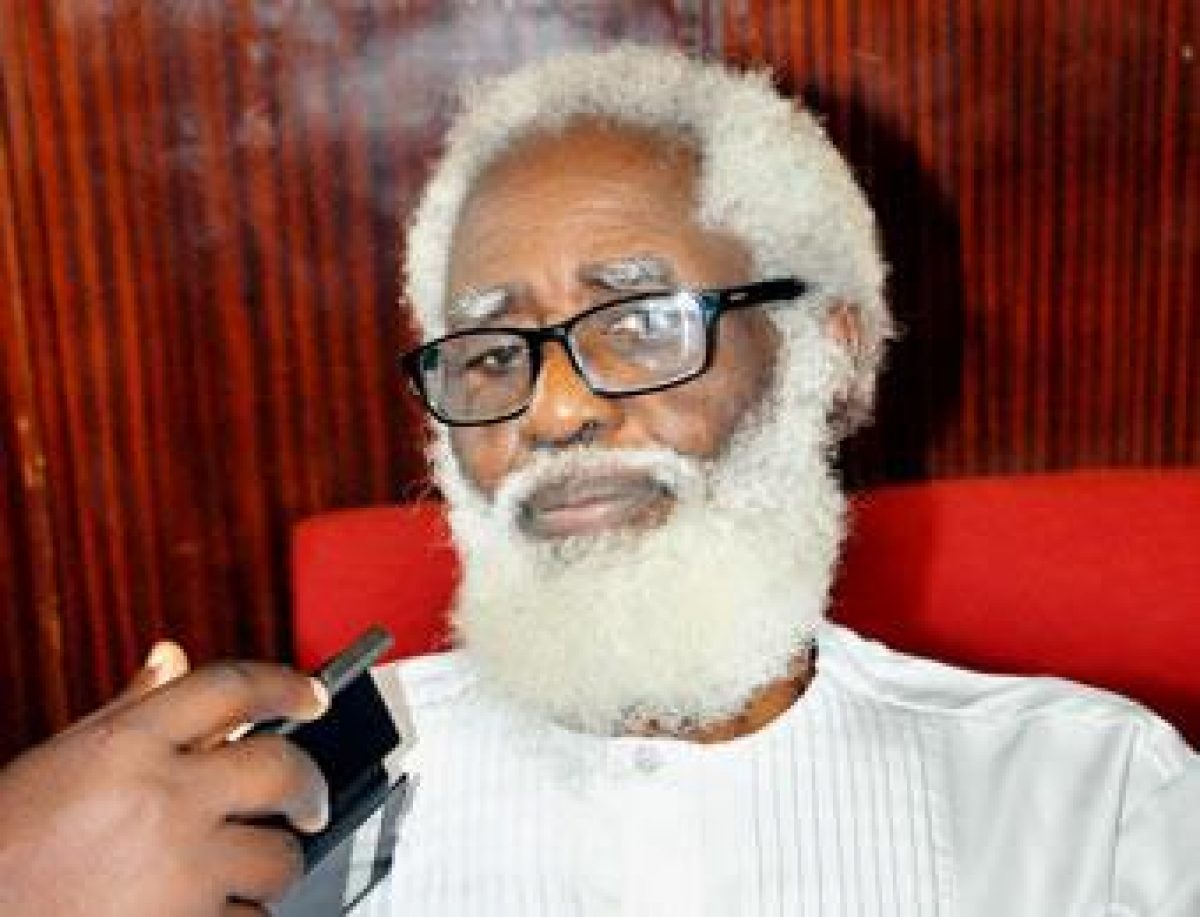Tinubu’s Ideological Swings Don’t Depict the Leader I Know – Farounbi on Inside Sources
Dr. Yemi Farounbi, a veteran journalist and diplomat, has raised concerns about President Bola Tinubu’s leadership, stating that his recent policies may be deviating from progressive ideals the former Governor of Lagos State once held dear. He made this known while speaking on Inside Sources with Laolu Akande on Channels Television on Friday. According to […]

farounbi
Dr. Yemi Farounbi, a veteran journalist and diplomat, has raised concerns about President Bola Tinubu’s leadership, stating that his recent policies may be deviating from progressive ideals the former Governor of Lagos State once held dear.
He made this known while speaking on Inside Sources with Laolu Akande on Channels Television on Friday.
According to him, Tinubu is not the same man he knew during their days of activism within the National Democratic Coalition (NADECO).
Farounbi, a key figure in Nigeria’s pro-democracy movement, noted that Tinubu appears to have strayed from the principles of true federalism and restructuring, which he once passionately advocated.
- Traditional title tussle: Bashar chiefdom seeks justice over Rekna’s suspension
- Don Etiebet: Straight like an arrow
“The Tinubu of today is not the Tinubu I knew,” the octogenarian said, describing the president’s current approach as an “ideological somersault.”
The former Nigerian ambassador to the Philippines recalled Tinubu’s fervent support for restructuring, citing his past involvement in lawsuits aimed at empowering local governments and his open call for a sovereign national conference.
However, Farounbi lamented that the president seems to have abandoned those ideals since taking office on May 29, 2023.
“If I have the opportunity, I am going to ask him to look back at what he was,” Farounbi said, urging Tinubu to reflect on his own 2012 letter to former President Goodluck Jonathan.
“Why is he not the Tinubu committed to true federalism?” he asked, suggesting that a return to those values could resolve many of the nation’s current challenges.
A significant part of Farounbi’s critique centered on the competence of Tinubu’s government.
He questioned whether the administration had truly lived up to its promise of national competence.
“Does he think that the people he has assembled are the best in this country?” Farounbi asked. He also criticized the frequent changes in government policy, which have destabilized the economy, making it difficult for businesses and individuals to plan. “It doesn’t seem like the Tinubu that I know,” he added.
The former envoy urged the president to reevaluate his team, bring in the “best of brains,” and address the economic instability facing the nation.
He pointed out that while Tinubu has been praised for identifying top talents, there is still much room for improvement. “I will ask him to go into that mold and identify the better brains that are scattered all over Nigeria,” Farounbi said, emphasizing that the government needs to focus on restructuring the economy and caring for the common man.
He further stressed that the leader he once knew would not rely on external consultations to address domestic issues, as Tinubu did during his recent visit to China. “The Tinubu that I know will confront problems and find solutions to them,” he said, urging the president to “come back to his original mold” and rethink policies like the fuel subsidy removal, which has caused widespread economic hardship.
Farounbi also criticized the current state of Nigerian politics, lamenting the shift from ideology to transactional politics. He noted that since 1999, the political system has become overly monetized, and this has damaged the country’s ability to recruit the best leaders. “It wasn’t an ideological replacement; it was a vote-gathering mechanism,” he said, adding that the dominance of “money politics” has sidelined competent, patriotic individuals who could steer the country toward progress.
Farounbi called for an urgent reform of Nigeria’s political recruitment system, from the grassroots level to the presidency, to prioritize intellect and competence over financial clout. He argued that those who helped Tinubu secure the presidency in 2023 have not been able to help him govern effectively, reflecting a disconnect between campaign strategies and actual governance.
